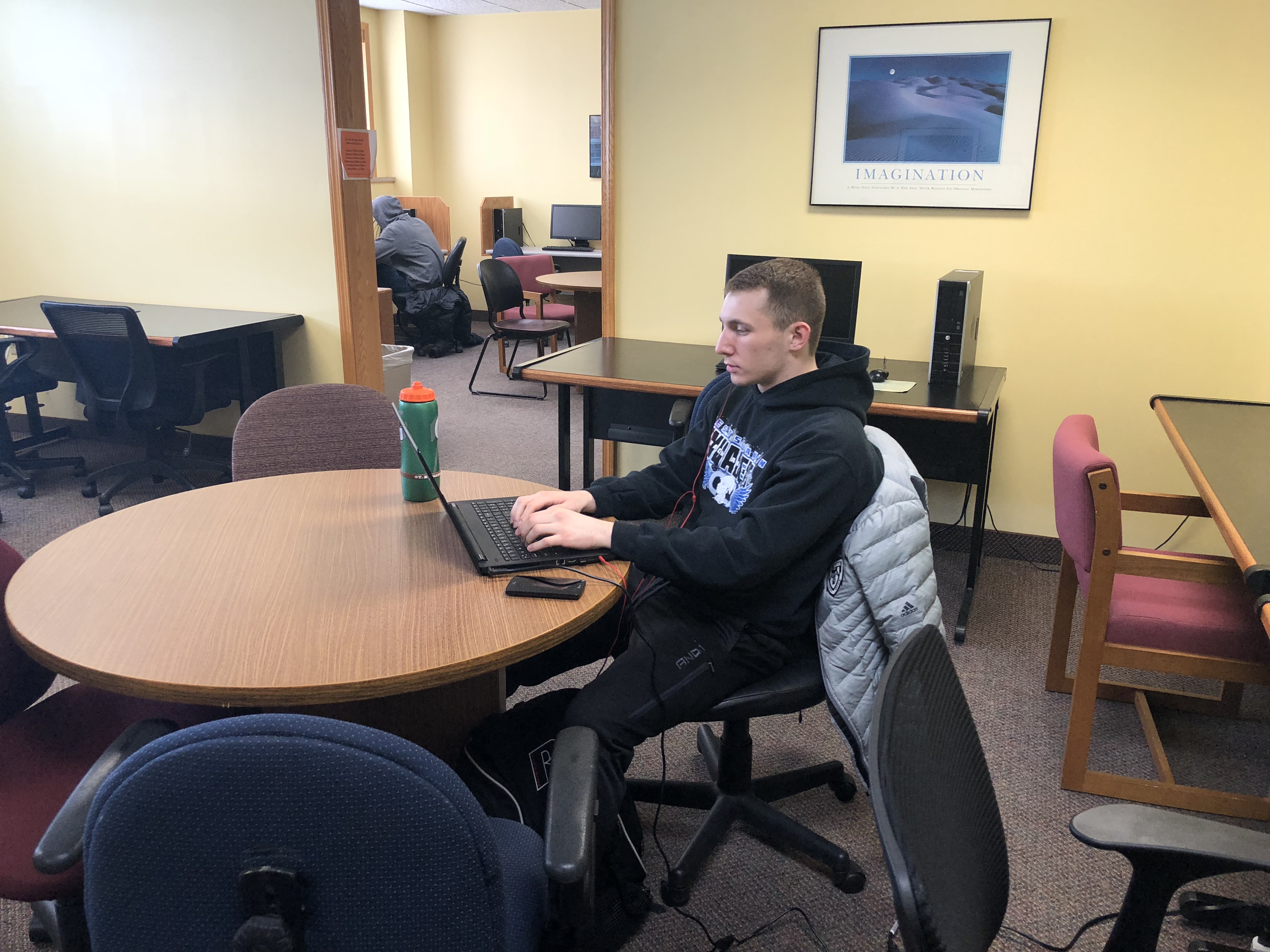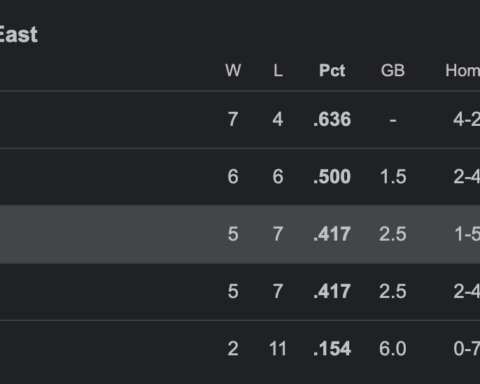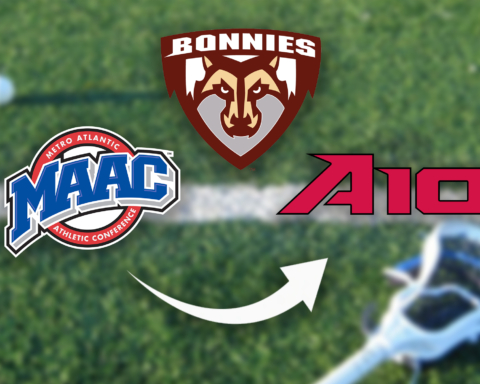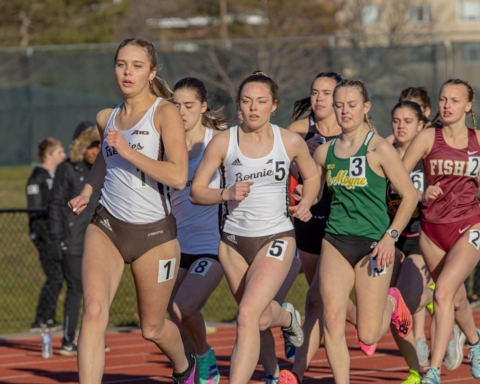It’s not uncommon to hear the phrase, “student-athletes are students first.” The office of athletic academic support exists for that very reason.
Located in the basement of the Reilly Center in 019 and in the northwest corner, academic support can be overlooked due to its low-traffic location. However, Heather McDivitt, assistant athletic director for academic support and student services, sees the major role her office can play in aiding student-athletes.
“Our job is to support the work that the faculty are doing and keep track of eligibility concerns,” McDivitt said. “The NCAA has certain minimum standards of degrees completed, GPA, percentage of the degree as juniors and seniors, so our job is to make sure that [student-athletes] are on track university-wise and athletic-wise.”
An additional function of academic support is assisting student-athletes with registration. While McDivitt and Joel Rosencrance, academic coordinator for men’s and women’s basketball, are academic support, they are not advisors. They assist with finding classes and building a schedule to work around practice times and in-season needs.
“We try to work with the registrar when they’re registering incoming students that are athletes,” McDivitt said. “If we know about soccer players and their travel schedule, we might try to avoid evening classes or late Wednesday and Friday afternoon classes. The divers have to practice during lunch break because the men’s and women’s [swim team] have the pool in the morning and the afternoon. I work with the registrar to serve as the link so the registrar can make them a schedule that will lead to academic success.”
The main function of academic support that student-athletes typically see is during study hall hours. The NCAA requires study hall for student-athletes, but St. Bonaventure allows coaches to individually decide how many hours per week.
During the first semester, cross country and track freshmen are required to get eight hours a week, completed in the academic support rooms in the basement of the Reilly Center or in the library. Women’s swimming and diving is different, as the team has three team study hall sessions throughout the week totaling six hours, which freshmen need to do along with an additional two hours. Depending on GPA, coaches can reduce the amount of hours needed each week.
Along with study hall, student-athletes have weekly meetings with either McDivitt or Rosencrance to check in with how classes are going and planning for the upcoming weeks to organize academics and athletics.
“As a college freshman, I personally wouldn’t have had the foresight to look two or three weeks ahead, and that’s where I come into play,” said Rosencrance, a ’14 English major and ‘16 counseling graduate student who played baseball. “Simple things like emailing professors, knowing what to say, how to find different things on Moodle or our academic websites, how to navigate that layout of being a college student. There’s no manual for it, so we’re here to give guidance.”
Another role academic support plays in the athletic department is helping with recruiting athletes. McDivitt said parents are usually very interested in the university’s academic facilities, and showcasing the academic support area for student-athletes can aid in recruitment.
Rosencrance also said either he, McDivitt or Sarah Pruess, associate athletic director for compliance, will travel with teams if they must miss a significant amount of time from classes, like men’s basketball in the NCAA tournament this year or track, as the Atlantic 10 Championships falls in the middle of finals week.
While all the support is there for student-athletes, ultimately, they are the ones responsible for their academics.
“If they don’t do their part, they’re not going to get registered on time, so I can help provide the framework and the foundation, but ultimately it’s the student-athlete’s responsibility to have everything ready to go and be proactive,” McDivitt said. “It’s still up to the student to do what is required of other students.”

Roggenburk delights in relief, Bonnies take series from VCU
Photo: St. Bonaventure Athletics BY RYAN LOMBARDI, CONTRIBUTING WRITER After a weekend





